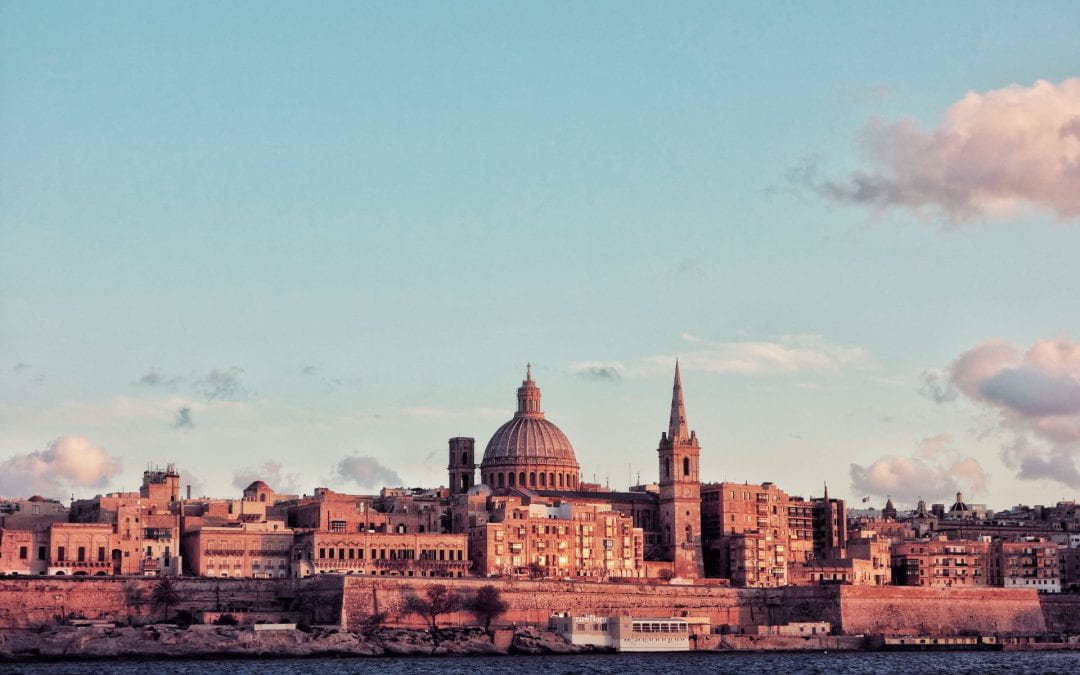By Ben Goldson
What does the death of a journalist in Malta have to do with trusts in New Zealand? Ben Goldson investigates.
New Zealand has traditionally prided itself on being relatively free from corruption, despite revelations of its role in transnational money laundering via trusts established by Panamanian law firm Mossack Fonseca. These included the holdings of members of the Maltese government, which was reported on by local journalist Daphne Caruana Galizia before she was assassinated.
After a series of high-profile cabinet resignations, Maltese Prime Minister Joseph Muscat will be stepping down early next year. The planned resignation is the latest development in a rapidly evolving situation on the island, a capitulation to a public enraged by the assasination of local journalist Daphne Caruana Galizia. The victim of a car bomb which detonated a short distance from her house, parts of Galizia’s body were found by her eldest son Matthew, who is now leading the family’s demands for an investigation into the former Prime Minister’s role in his mother’s death.
Alive, Galizia was most known for reporting on local corruption, including the relationship between figures in the Muscat government and Mossack Fonseca, a law firm which became infamous after its leaked documents became the basis for the “Panama Papers” scandal. These leaks shone a rare light into the world of transnational money laundering, implicating liberal celebrities such as Bono and Emma Watson along with more sinister players in the world of organised crime. It also detailed the holdings of Malta’s Minister of Energy and Health, Konrad Mizzi, as well as the Prime Minister’s Chief of Staff Keith Schembri, both of whom resigned ahead of Muscat himself.
Galizia is now a global figure, a martyr for fellow journalists and ordinary citizens concerned about corruption. Although car bombing is not uncommon in Malta, the nature of her death has sparked mass outrage, forcing attention to a case that stagnated for around two years after initially achieving a number of arrests. Then, in November 2019, it was announced that one of those charged, Melvin Theuma, had agreed to testify in exchange for leniency. The next day, high-profile business owner Yorgen Fenech attempted to flee the country in his luxury yacht. Fenech was quickly stopped by the Maltese Army, and brought into custody as a person of interest in the inquiry, where he also agreed to give evidence to the authorities.
The star witness soon named Schembri as the mastermind behind the plot to kill Galizia. Schembri denied the accusations, but it failed to convince the public, and it appears that Malta will be heading to an early election. The actual case is yet to go to trial, although the broad strokes behind the conspiracy seem fairly clear. Various trusts were set up around the same time that Schembri, Muscat and Mizzi made an official visit to Azerbaijan, whose state-owned energy company SOCAR is part of consortium Electrogas, then under the directorship of Yorgen Fenech.
Exactly whatever deal was cut with the help of the trusts, they would become just one of the millions whose details were leaked by an unknown party to the International Consortium of Journalists, who then released the sorted data to the public as the Panama Papers. People around the world took notice, including Galizia, a journalist with The Malta Independent who ran a personal blog that attracted controversy for its defence of migrants and exposés on local corruption. Even before the Panama Papers were leaked, Galizia’s life had been threatened numerous times, with her house attacked by neo-fascists during a particularly contentious debate over immigration. In the end however, it was her work relating to the Panama Papers which caught up with her. Schembri and co may be heading to a trial, but Galizia will still be dead, a message to journalists around the world.
A complication for any court case is the fact that the trusts at the heart of the case are not located in Malta, but a world away in New Zealand. Key is the Orion Trust, dissolved a few months before Galizia’s death. In business, the trust’s registered address was the offices of Bentley Chartered Accountants, located in the Central Business District of Auckland, New Zealand. Currently, the country’s regulators do not disclose information on a trust’s tax details with foreign governments, despite a raft of legislation introduced after revelations that Mossack Fonseca had done business in a nation which prides itself on being free of corruption.
In the most recent Corruption Perception Index (CPI) rankings, New Zealand fell one place, coming in second behind long-time rival Denmark. True to its name, the CPI is based on the public’s estimation of corruption, although it is often substituted for more qualitative measurements by the media. Still however, it does reveal something, especially about the kind of everyday corruption that individuals experience around the world. This reflects the place of countries like New Zealand around the top of the pyramid of global money laundering. As much as they might not perceive it however, New Zealanders live in a country that sheltered wealth which ties back to corrupt politicians in Malta (51st in the CPI) and likely the notoriously authoritarian regime in Azerbaijan, which tied for 152nd place with the nation of Cameroon.
Ben Goldson is a news and current affairs broadcaster at 95bFM radio in Auckland.
Disclaimer: The ideas expressed in this article reflect the author’s views and not necessarily the views of The Big Q.
You might also like:
Is an international anti-corruption court a dream or a distraction?
Why is it so hard to prosecute money laundering? 🔊

